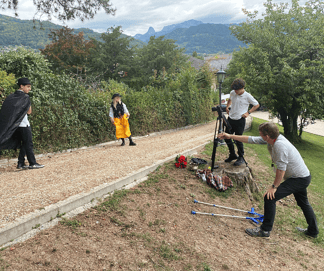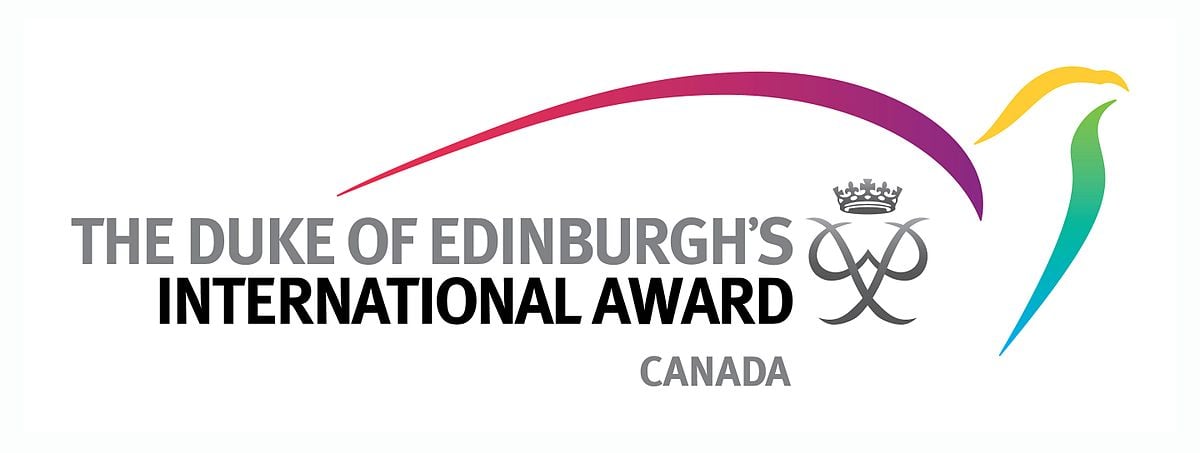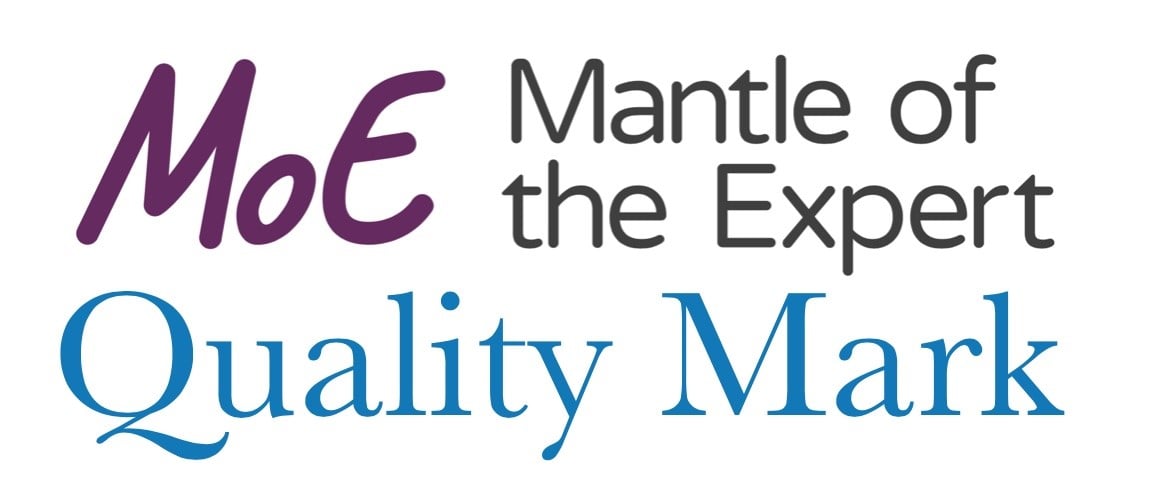How can schools combat cultural expectations and bias to help their students aim for the futures they really want?
The 21st century is seeing a lot of changes in the job world. For the older students at Haut-Lac International Bilingual School, this means a certain amount of unknown about where they might end up. As such, it is our job to give them as many options as possible whilst they’re still at school to help them define their areas of interest and point them towards a future they will enjoy.
Our primary students are given the chance to be creative, to experiment in every subject and to apply themselves in the subjects that delight them. The primary ‘Learning Means the World’ programme, paired with Mantle of the Expert that some Haut-Lac teachers practice, go a step further. They encourage children to use their imaginations and to be transported by the way they learn into the material they’re learning.
What happens in secondary school?
Students of secondary school age often find they are encouraged by strong, subliminal messaging to reduce their pool of interests as they near the end of their education. STEM subjects (Science, Technology, Engineering, Mathematics) have quickly risen in popularity over recent years as young people witness the success of Silicon Valley businesses and global tech and social media giants.
Technology is constantly reshaping the landscape of the world we live in. New jobs come into being as others rise behind them to take their place. In such a tumultuous global workplace, how can students be sure that the job they wish to do will still exist down the line? How can they know what new positions will have opened up to them by the time they get there?

Schools can make a difference
We can encourage students to follow a field they feel passionate about, rather than a precise career. A part of this is to openly allow students to pursue whichever subjects they like, regardless of their inclusion or not in the STE(A)M group.
Let students know that every subject has value
Of course, it is important to promote the subjects that are only going to grow in the world of the future. However, schools must also continue to champion the arts and alternative courses like sport science, design technology, and business to the same degree.
Encourage freedom to explore
This way, students will know that they are being supported by their school to do any subject without fear of judgement, liberating them to truly pick the classes and create a future for themselves that they will enjoy. For instance, a good number of Haut-Lac graduates have moved into film careers or studies, thus proving that a student with a passion can create their own future, whatever the climate of public opinion.

Offer alternatives to the classic, educational model
Courses like the International Baccalaureate Sport & Study programme, or the IBCP (IB Career-Related Programme) also offer alternate options to students who do not wish to follow the conventional university pathway. Insofar as the unpredictability of the job market is concerned, it simply enables students to liberate themselves from a fixed idea of their career path, and instead get real work experience to put on a CV (in the case of the IBCP).
Ultimately, when we do not know what the world will look like in 5 years’ time, we are freed from the constraints of the present day workplace. It is worth listening to ourselves and our own desires in the present because who knows what later will bring?


.png)










